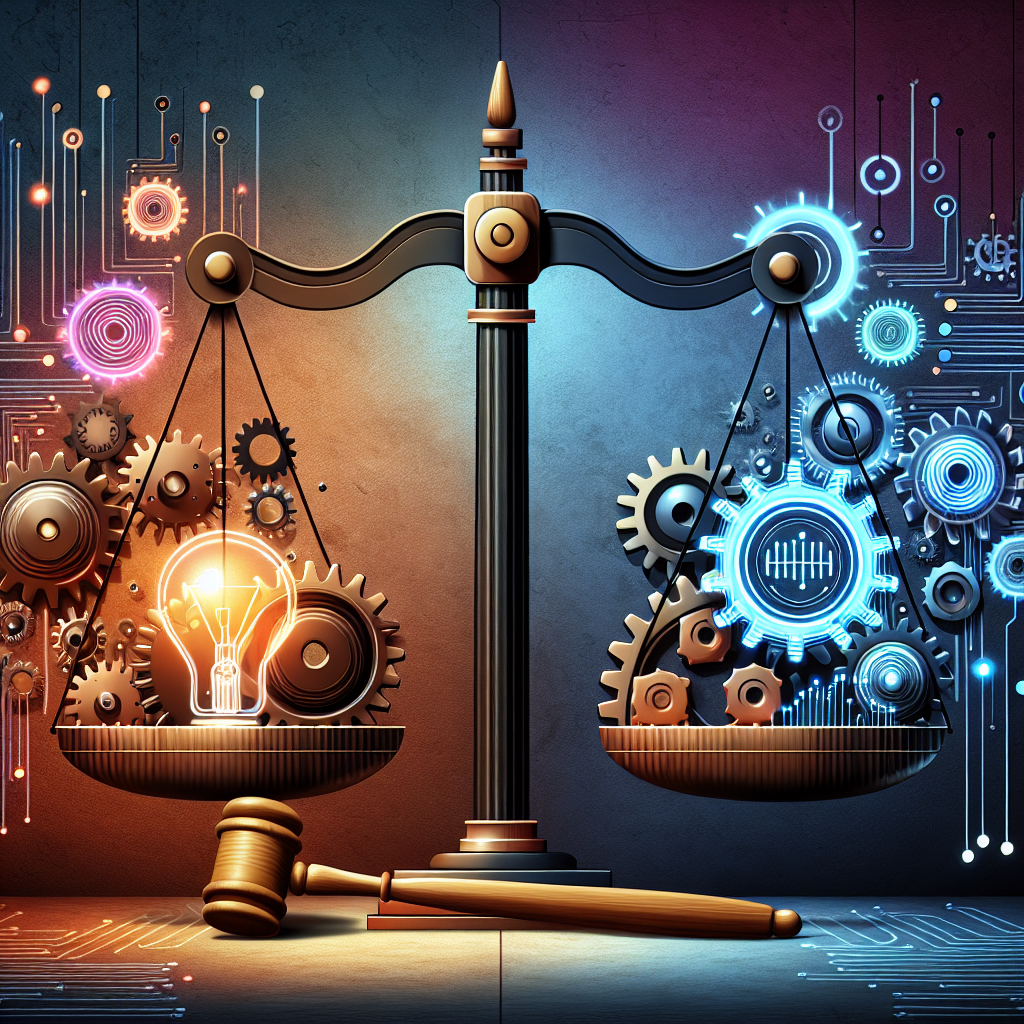In recent years, artificial intelligence (AI) has been rapidly transforming various industries, including the labor sector. One of the areas where AI automation has shown significant promise is in the realm of workers’ rights. By leveraging AI technology, businesses can streamline processes, improve efficiency, and ensure that workers are treated fairly and ethically. In this article, we will explore the benefits of AI automation in workers’ rights and how it can revolutionize the way organizations approach labor management.
Benefits of AI Automation in Workers’ Rights
1. Improved Compliance Monitoring
One of the key benefits of using AI automation in workers’ rights is the ability to monitor compliance with labor laws and regulations more effectively. AI-powered systems can analyze vast amounts of data in real-time to identify potential violations, such as wage theft, discrimination, or unsafe working conditions. By flagging these issues early on, businesses can take corrective action to ensure that workers’ rights are protected.
2. Enhanced Data Analysis
AI automation can also help businesses analyze employee data more efficiently and accurately. By leveraging machine learning algorithms, organizations can identify trends, patterns, and anomalies in employee behavior and performance. This can be particularly useful in detecting instances of discrimination, harassment, or other forms of misconduct in the workplace. By proactively addressing these issues, businesses can create a safer and more inclusive work environment for all employees.
3. Streamlined HR Processes
AI automation can streamline various HR processes, such as recruitment, onboarding, and performance management. By automating routine tasks, such as resume screening and scheduling interviews, HR professionals can focus on more strategic initiatives, such as talent development and succession planning. This not only improves efficiency but also enhances the overall employee experience, leading to higher levels of engagement and retention.
4. Enhanced Employee Training and Development
AI automation can also play a crucial role in employee training and development. By leveraging personalized learning algorithms, businesses can create tailored training programs that address the specific needs and preferences of individual employees. This can help workers acquire new skills and knowledge more effectively, leading to improved job performance and career advancement opportunities. Additionally, AI-powered systems can provide real-time feedback and recommendations to help employees continuously improve their skills and competencies.
5. Increased Transparency and Accountability
AI automation can promote greater transparency and accountability in the workplace. By using AI-powered systems to track and monitor key performance metrics, businesses can ensure that decisions related to promotions, raises, and other rewards are made based on objective criteria. This can help prevent bias and favoritism in the workplace, leading to a more equitable and meritocratic work environment. Additionally, AI automation can provide employees with greater visibility into how their work contributes to the overall success of the organization, fostering a sense of ownership and empowerment.
6. Enhanced Work-Life Balance
AI automation can also help employees achieve a better work-life balance. By automating routine tasks and streamlining processes, workers can save time and energy that can be spent on activities outside of work. This can lead to reduced stress, improved mental health, and increased job satisfaction. Additionally, AI-powered systems can help employees prioritize tasks and manage their workload more effectively, enabling them to achieve a greater sense of work-life balance.
FAQs:
Q: Will AI automation replace human workers in the future?
A: While AI automation has the potential to streamline processes and improve efficiency, it is unlikely to replace human workers entirely. Instead, AI technology is more likely to augment human capabilities, enabling workers to focus on more strategic and creative tasks.
Q: How can businesses ensure that AI automation is used ethically in the workplace?
A: Businesses can ensure that AI automation is used ethically by implementing robust data privacy and security measures, conducting regular audits of AI systems, and providing training to employees on how to use AI technology responsibly.
Q: What are the potential risks of AI automation in workers’ rights?
A: Some potential risks of AI automation in workers’ rights include the potential for bias in AI algorithms, the loss of jobs due to automation, and the erosion of worker autonomy. It is crucial for businesses to address these risks proactively and implement safeguards to protect workers’ rights.
In conclusion, AI automation has the potential to revolutionize workers’ rights by improving compliance monitoring, enhancing data analysis, streamlining HR processes, promoting transparency and accountability, enhancing employee training and development, and enabling employees to achieve a better work-life balance. By leveraging AI technology responsibly and ethically, businesses can create a more equitable and inclusive work environment that prioritizes the well-being and rights of all workers.

